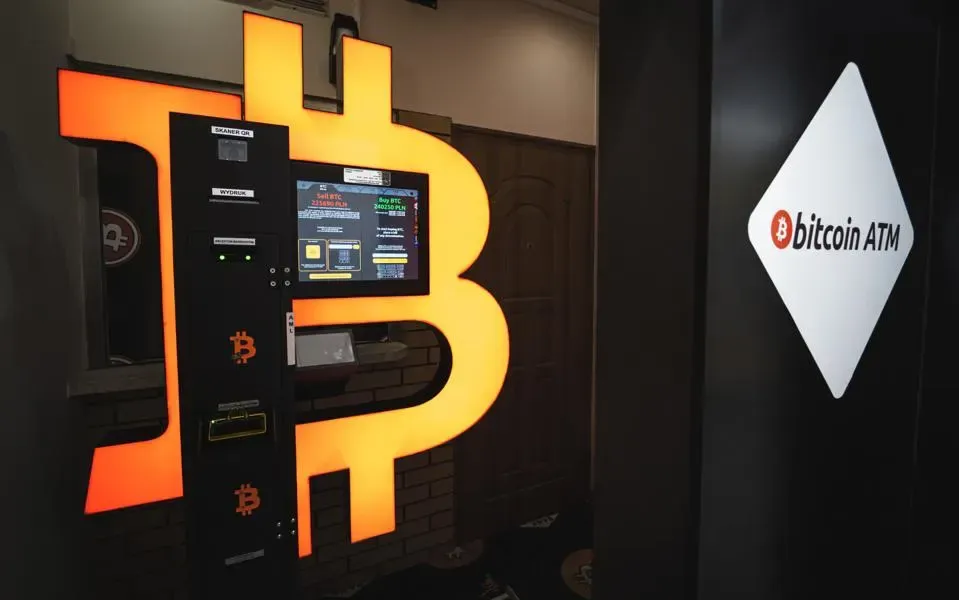💻🌍 The Rise of Online Work Exchange Platforms: Freelancing 2.0
-

Freelancing isn’t just about landing gigs anymore — it’s about trading skills for skills in a global digital bazaar. Enter online work exchange platforms: marketplaces where designers, writers, developers, translators, and consultants barter services directly, often without money changing hands.
 How They Work
How They WorkA graphic designer might create a logo for a blockchain startup, in exchange for smart contract audits.
A copywriter could polish an investor pitch deck, while receiving video editing help for their own brand.
Think of it as the “Airbnb of skills” — decentralized, peer-to-peer, and driven by community trust.
 Why It’s Growing Now
Why It’s Growing NowEconomic squeeze: Rising costs mean people are looking for alternatives to cash-only deals.
Crypto-native talent pools: With stablecoins and on-chain reputation systems, freelancers can record value without traditional payments.
Community-first economies: DAOs, creator collectives, and open-source projects increasingly reward collaboration over pure cash.
 ️ Pros and Cons
️ Pros and Cons Access to global talent without liquidity barriers
Access to global talent without liquidity barriers
 Builds long-term professional relationships
Builds long-term professional relationships
 Great for side projects, startups, and bootstrap phases
Great for side projects, startups, and bootstrap phases Harder to enforce deadlines or quality standards
Harder to enforce deadlines or quality standards
 Not every skill is easily exchangeable (you can’t pay your landlord in logo designs—yet)
Not every skill is easily exchangeable (you can’t pay your landlord in logo designs—yet)
 Needs strong trust layers, often backed by reputation or blockchain verification
Needs strong trust layers, often backed by reputation or blockchain verification The Future
The FutureWith tokenized reputation, escrowed smart contracts, and zero-knowledge verification, the next wave of work exchange platforms could merge barter, crypto, and freelancing into a single global ecosystem. Imagine swapping your code for design, staking your reputation on-chain, and walking away with not just a finished product but also a verified portfolio of value exchanged.
Work is no longer just a paycheck — it’s becoming a currency of its own.

















